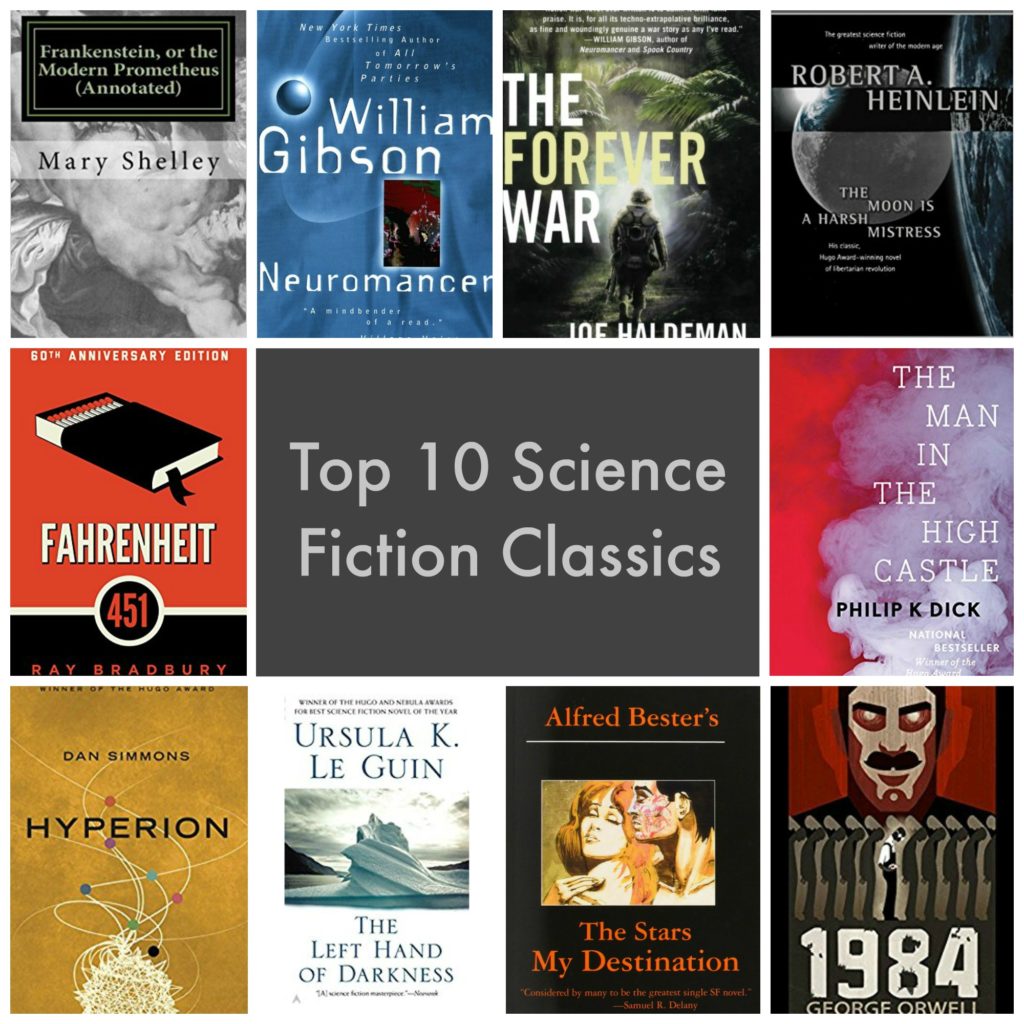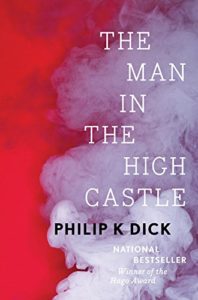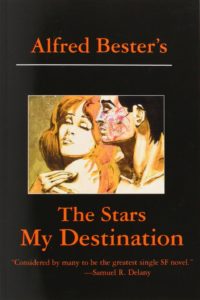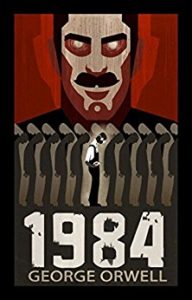
Almost everyone loves a good book. Here at Elfster, books are some of our favorite gifts. So, without further ado, here is our guide to the top 10 classic science fiction novels of all time, suitable for giving year round.

First, what qualifies a science fiction book to be considered among the “best?” Ideally it uses a great story and well-developed characters to explore concepts about, well, everything: society, race relations, religion, technological advancement, space, time, humanity’s place in space and man’s destiny, etc. Unfortunately, many of the most highly regarded early pulp “classics,” while rich with innovative technological ideas, end up light on plot or character development or both. Modern science fiction of the last forty years emphasizes plot and character while still examining groundbreaking ideas. Yet, older works deserve a place among the best for their influence on the genre, on science and technology, and on us.
Top 10 Classic Science Fiction Novels
If you don’t agree with this list, and most readers of science fiction won’t, feel free to come up with your own. Science fiction is a most democratic genre. Read on:
1. Frankenstein, or the New Prometheus, Mary Wollstonecraft Shelley

Frankenstein, is excellent genre fiction as well as a strikingly original literary work. It serves as an allegory, a fable and an epistolary novel. In her book, Mary Shelley: A Biography, Muriel Spark shows, using new material gleaned from Shelley’s diaries, that it also serves as an autobiography.
2. The Left Hand of Darkness, Ursula Le Guin

The Left Hand of Darkness has serious political overtones but is mainly a thought experiment about a gender-neutral society. It describes people living on a planet where people take on characteristics of either sex only once a month. The subtle ambiguity of works like this one made her one of the finest science fiction writers. Winner of the Hugo and Nebula Awards.
3. The Moon is a Harsh Mistress, Robert A. Heinlein

This novel tells the story of a revolt by a lunar community made up of criminals and political exiles. The “loonies” win but the victory is not all they had hoped for. Heinlein uses the book to showcase a lot of themes he explores in his other work: non-traditional sexual partnerships, libertarian politics and social concerns. Winner of the Hugo Award.
4. Fahrenheit 451, Ray Bradbury

Fahrenheit 451 is a dystopian novel about a future in which books are outlawed and “firemen” burn all they find. It follows Montag, a fireman who becomes disillusioned with the censoring and destruction of knowledge and quits his job to join a resistance group. Bradbury said he wrote the novel because of his fears at the time (during the McCarthy era) about book burning in America. It won the Prometheus Award and one of only 5 Retro Hugos.
5. The Forever War, Joe Haldeman

Joe Haldeman’s service in Vietnam inspired this, his most famous novel. The protagonist is sent light years away to fight the enemy. Because of time dilation, while he fights for two years, decades elapse on earth, precluding his return to his family. The novel serves as a metaphor for how badly militaries treat their soldiers. It’s probably the most powerful anti-war novel in science fiction. It won the Nebula, Hugo and Locus Awards.
6. Neuromancer, William Gibson

This novel did not invent cyberpunk. Gardner Dozois coined the term while discussing a novel by Bruce Bethke. But there would be no cyberpunk without Neuromancer. It describes a world of low-life street people, double-dealing corporations and government cover-ups wherein the protagonists deal with the bright, dangerous world of cyberspace. Winner of the Hugo and Nebula Awards.
7. The Man in the High Castle, Phillip K. Dick

Phillip K. Dick was one of the most idiosyncratic writers in science fiction. None of the many films made from his books can match their compelling weirdness. The Man in the High Castle begins as a fairly conventional alternate history, but like his other novels ends up leading us to wonder what is real and what is not. Winner of the Hugo Award.
8. Hyperion, Dan Simmons

Hyperion introduces a group of six pilgrims who set out to visit the time tombs of Hyperion and the godlike creature called the Shrike who will kill all but one of the pilgrims. It and the other three novels of the series use excellent plots and characterization to explore human suffering – physical, emotional and spiritual. It won the Hugo and Locus Awards.
9. The Stars My Destination, Alfred Bester

This classic revenge story is known for its experimental typography and gonzo protagonist. Stranded in a lifeless spaceship in the middle of space, he becomes completely motivated by revenge. After adding betrayal and great wealth, think The Count of Monte Cristo in space. Teleportation and time travel makes this groundbreaking science fiction from the 1950s.
10. 1984, George Orwell

Orwell describes a nightmarish future society with perpetual war, omniscient government surveillance and public manipulation, with individualism and independent thinking punished as “thoughtcrimes.” 1984 is classic dystopian science fiction in plot and style. Many terms from it have entered everyday speech: “Big Brother,” “Newspeak,” “telescreen” and others, as well as the adjective “Orwellian.”
I can hear it now. What! No Asimov? No Fredrick Pohl? And what do you have against excellent foreign authors? Where’s Stanislav Lem? Jorge Luis Borges?” Feel free to post your picks in the comments below. Your list will be as good as mine.
As gifts, these classics are sure to delight new and old sci-fi fans alike.
For more great book gift ideas, check out Elfster’s Sci-Fi Gift Guide. Share your favorite finds with us on Elfster’s Facebook page, on Twitter @Elfster, or on Instagram @Elfster.
